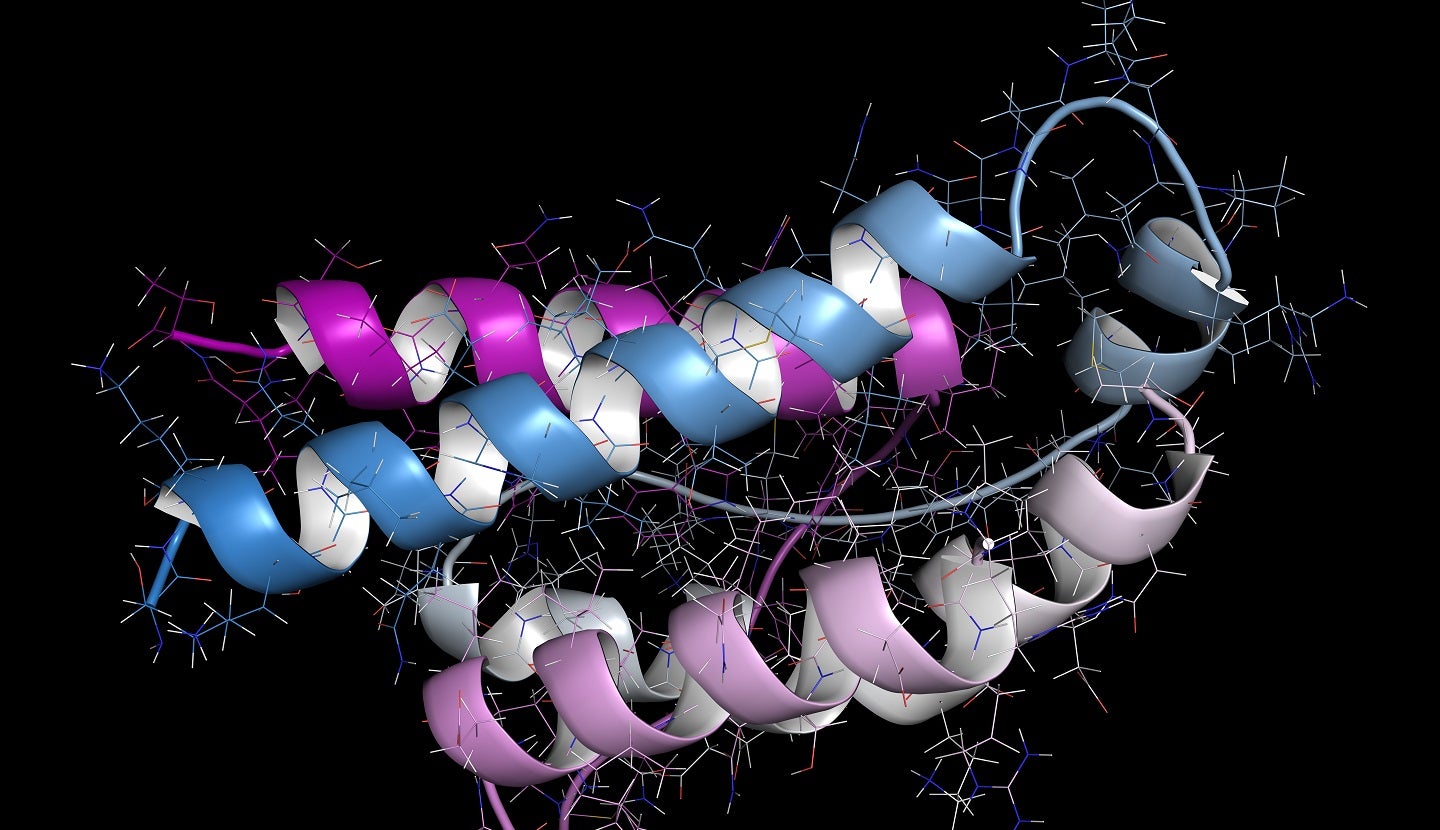
Xencor has reported clinical results from a Phase Ia single-ascending dose study of XmAb564, a monovalent Interleukin-2 (IL-2) Fc fusion protein, in healthy adult volunteers.
XmAb564 selectively activates and expands regulatory T cells (Tregs) to treat patients with autoimmune diseases.

Discover B2B Marketing That Performs
Combine business intelligence and editorial excellence to reach engaged professionals across 36 leading media platforms.
It has reduced binding affinity for IL-2’s beta receptor (IL-2Rβ, CD122) and increased affinity for its alpha receptor (IL-2Rα, CD25).
In addition, XmAb Bispecific Fc Domain provides a stable protein scaffold and improves the pharmacologic properties of XmAb564.
Xencor president and CEO Bassil Dahiyat said: “We have previously presented that a single dose of XmAb564 was well tolerated in healthy volunteers and generates a durable, dose-dependent and selective expansion of regulatory T cells.
“The magnitude and duration of Treg induction may be superior to other IL-2 candidates evaluated clinically and could potentially support extended multi-week dosing intervals.

US Tariffs are shifting - will you react or anticipate?
Don’t let policy changes catch you off guard. Stay proactive with real-time data and expert analysis.
By GlobalData“We continue to enrol patients into the Phase Ib, multiple-ascending dose study in patients with atopic dermatitis and psoriasis, and we anticipate completing dose escalation in psoriasis cohorts in early 2024.”
In a randomised, double-blind, placebo-controlled, multiple-ascending dose Phase Ib study, the company is evaluating the tolerability and safety of XmAb564 when administered subcutaneously in patients with psoriasis and atopic dermatitis.
In April 2021, Xencor dosed the first subject in a Phase I clinical study of XmAb564 to treat patients with autoimmune diseases.
XmAb564 was demonstrated to be well-tolerated, stimulated the selective and sustained expansion of Tregs and showed a favourable pharmacokinetic profile in preclinical studies.





